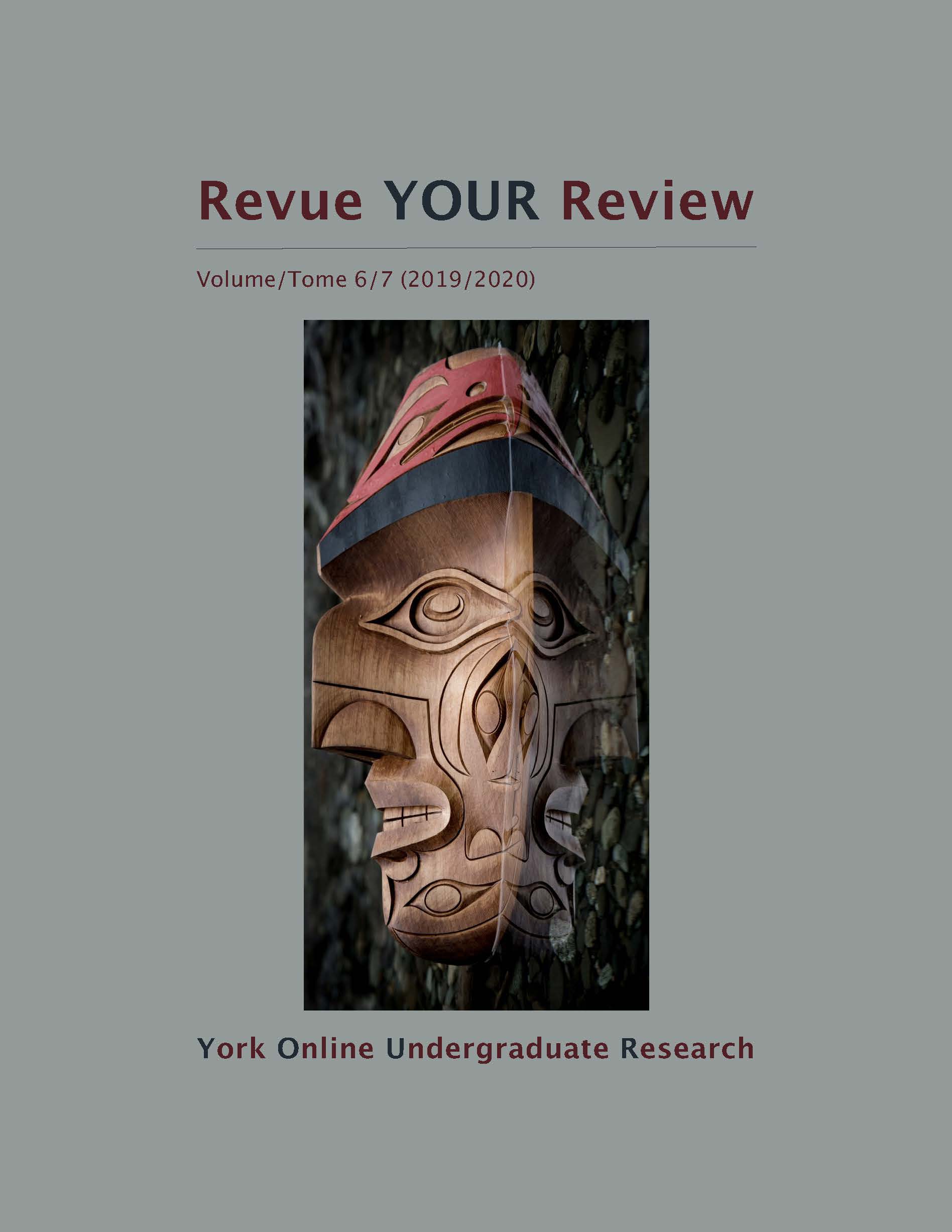The Complexities of Malaria in Ghana
Keywords:
Ghana, burden of disease, history of malaria, biomedical burden of malaria, social burden of malaria, economic burden of malaria, political burden of malaria, globalization of malaria, treatment of malariaAbstract
Malaria is a disease produced by a mosquito infected parasite which is then spread to humans through bites. Ghana is one of 15 countries in the world where malaria has a high impact. In Ghana, malaria greatly effects children under the age of 5 and pregnant women due to both populations being immunocompromised. To reduce the number of individuals affected by malaria in the country, Artemisinin-based Combination Therapy (ACT) has been recommended as the most efficient treatment modality; however, the treatment comes at a cost and is not readily available to those residing in the rural areas of Ghana. The spread of malaria is highly prevalent in Ghana because of a number of underlying issues that contribute to the burden of the disease. When it comes to examining the crisis of malaria it is important to examine how the social determinants of health such as gender, globalization, inequities, and politics further influence the pervasiveness of malaria in Ghana.
Downloads
Published
How to Cite
Issue
Section
License
Copyright (c) 2020 Isabelle C. Roberge

This work is licensed under a Creative Commons Attribution-NoDerivatives 4.0 International License.
Authors contributing to Revue YOUR Review agree to release their articles under one of three Creative Commons licenses: Creative Commons Attribution 4.0 International; Creative Commons Attribution-NonCommercial 4.0 International; or Creative Commons Attribution-NoDerivatives 4.0 International. All editorial content, posters, and abstracts on this site are licensed under Creative Commons Attribution-NoDerivatives 4.0 International. For further information about each license, see:
https://creativecommons.org/licenses/
In all cases, authors retain copyright of their work and grant the e-journal right of first publication. Authors are able to enter into other contractual arrangements for the non-exclusive distribution of the e-journal's published version of the article (e.g., post it to an institutional repository or publish it in a book or in another journal), with an acknowledgement of its initial publication in this e-journal.


